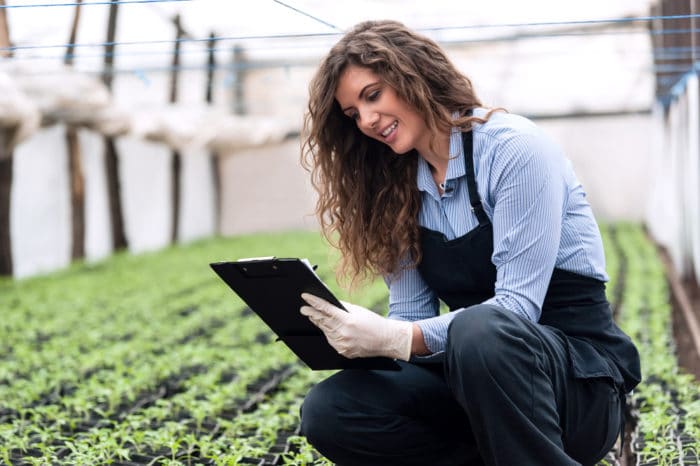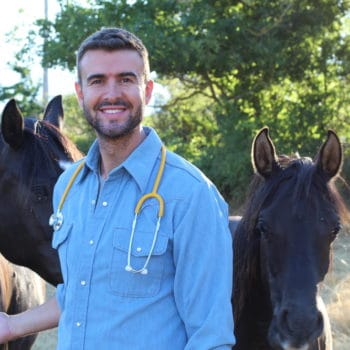
Careers in Agriculture & Food
Agriculture and food careers consist of one of the biggest industries in America, providing employment to millions of workers. Employment is available in settings like farms, nurseries, food processing facilities, laboratories, hatcheries, etc. As an industry hiring more than 1.5 million people, it is a great fit for individuals who are comfortable in a hands-on environment.
 Find Your Dream Career
Find Your Dream Career
Get all the details about specific careers in Agriculture & Food by clicking through below, and find the dream career that fits you best.
- Agricultural Engineer
- Agricultural Inspector
- Agricultural Pilot or Crop Duster
- Animal Breeder
- Animal Nutritionist
- Animal Scientist
- Barley Roaster
- Coffee Roaster
- Dairy Farmer
- Enologist
- Ethologist
- Farm Agricultural Worker
- Farm Equipment Mechanic
- Farm Equipment Operator
- Farmer or Farm Manager
- Fish & Meat Smoker
- Fish Hatchery Manager
- Fishing Boat Cabin
- Food or Agricultural Chemist
- Food Science Technician
- Food Scientist
- Gardener
- Hydrologist
- Livestock Buyer
- Millwright
- Mycologist
- Nursery or Greenhouse Manager
- Tractor Mechanic
- Vineyard Manager
- Whaler
 Choosing a Career in Agriculture & Food
Choosing a Career in Agriculture & Food
Employment in this sector is expected to increase at 6% on average, as compared to other professions. Those willing to work in secluded environments, with little to no supervision will find success working in the agriculture and food industry.
Jobs may require you to either have skilled experience as a farmer or technician, or have advanced educational qualifications to work in scientific positions. Experienced employees are adept at working in various weather conditions, carrying out tests on-site on seed and fertilizer quality, animal health and packaged food. Collaborating with other workers is vital, therefore being quick to interact with government officials and team members helps.
There is a wide range of career options in the agriculture and food industry. If you become an agricultural manager, you would be leading day-to-day operations at locations like greenhouses, farms and nurseries. Agricultural engineers are involved with research that looks to implement innovative technology for farming and other infrastructure like dams and water reservoirs. By contrast, in the role of a food scientist, you may spend time running detailed analyses on farming techniques to maximize food production.



